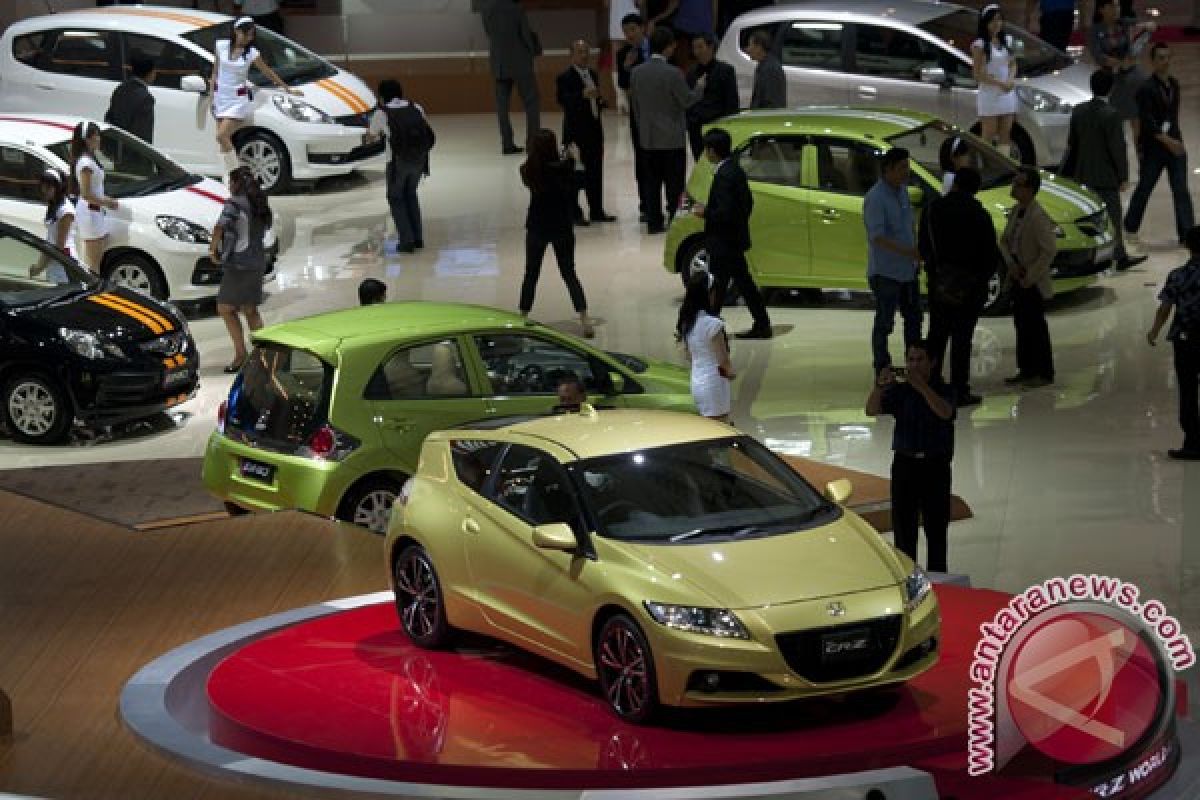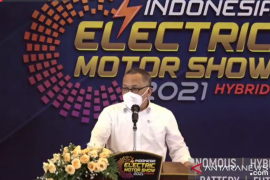"It shows that the quality of locally assembled products here is trusted."Jakarta (ANTARA News) - The sales of Japanese brands have dominated the national automotive market so far this year, according to the data collected from Indonesian Automotive Industry Association (Gaikindo).
"Total car sales in the domestic market reached almost 1 million units during January-November 2012," Gaikindo second chairman Jhonny Darmawan said here on Tuesday.
Based on Gaikindo data, Toyota dominated the market, with sales of 370,987 units, followed by Daihatsu (150,183 units) and Mitsubishi (138,778 units).
Meanwhile, Suzuki was ranked fourth, with sales of 117,927 units, followed by Honda (63,203 units), Nissan (61,549 units), Isuzu (31,069 units) and Mazda (11,021 units).
"Sales have been predicted to reach 1 million units and are expected to double in the next five years," Jhonny stated.
"Japanese automotive products have dominated not only the domestic market, but also exports," he pointed out.
Jhonny noted that Daihatsu, Toyota and Suzuki were some of the Japanese brands that dominated the domestic market as well as exports.
"Those companies have exported their products to countries in Asia, Africa and South America, and have also planned to increase their exports next year," he continued.
"Due to the growth of the domestic market, the export of Japanese products has continued to rise over the years," Jhonny explained.
"It shows that the quality of locally assembled products here is trusted by the importing countries," he added.
Total car exports reached 232,385 units during January-October 2012, up 43.3 percent from the 162,214 units sold during the same period last year.
Exports of completely built units (CBU) touched 146,495 during the January-October period this year, up 57.4 percent from 93,214 units in the same period in 2011.
The export of completely knocked down (CKD) units reached 85,890 during the period from January to October this year, up 24.22 percent from the 69,139 units sold during the same period last year.
"The growth in Japanese automotive production will directly affect the demand for iron and steel," Jhonny noted.
"As of now, the national steel industry has met only 20 percent of the iron and steel demand from the automotive industry," he said.
Jhonny expressed hope that iron and steel companies, such as PT Krakatu Steel Tbk, could increase their production to meet the requirements of automotive producers in the country.
"The national automotive industry will continue to grow in 2013, which means that the demand for iron and steel will also rise," he added.
(U.J010/INE/KR-BSR/B003)
Editor: Priyambodo RH
Copyright © ANTARA 2012











